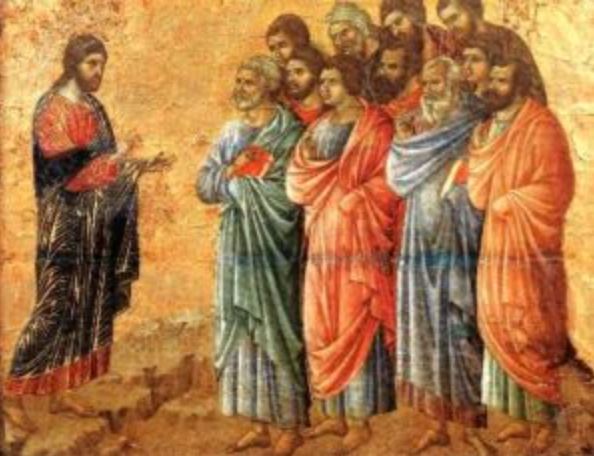The Fruits of Environmentalism and of Social Justice (Part 2), by Theodore Misiak

Archbishop Viganò Praises Bishop Strickland’s Pastoral Letter on the Synod, by Michael Haynes
August 29, 2023
Judicial Watch Files Briefs in the U.S. Supreme for Review of Ninth Circuit Decisions Penalizing Group for Exposing Sales of Fetal Body Parts
August 29, 2023
Image: Ev/Unsplash.com
When an institution calling itself Catholic removes Christ and grace from its activities, then it devolves into another secular and faddish ideology whose power to transform hearts is greatly diminished.
By Theodore Misiak, Catholic World Report, August 14, 2023
Theodore Misiak has a Ph.D. in Economics and many years of experience in both business and academia.




